
She grew up during Iran’s Islamic revolution. Today, artist Marjane Satrapi feels conflicted her memoir is ‘more accurate than ever’
CNNCNN — Iranian-French artist Marjane Satrapi was 10 when wearing the veil became compulsory at the non-religious, French-speaking school she attended in Tehran. This scene is how “Persepolis” – Satrapi’s graphic novel memoir tracing the historic installation of the Islamic Republic through the complex prism of childhood – opens. Tristan Fewings/Getty Images Some 450 seminal South Asian, Islamic and Middle Eastern works go under the hammer this week as part of Sotheby’s “Middle East Week,” with “Persepolis” set for sale on October 25. The auction series comes at a time when the world’s eyes are on Iran, as the country enters its sixth week of protests and unrest following the death of Masha Amini – a 22-year-old who died after officials in Tehran took her to a “re-education center” for allegedly not wearing her hijab properly. Written from the perspective of Marji, Satrapi’s childhood self, “Persepolis” grapples with coming of age under a dictatorship.
History of this topic
Iranian-French artist Marjane Satrapi wins Spanish Asturias award for communication
Associated Press
The relevance of Marjane Satrapi’s ‘Persepolis’ today
Live Mint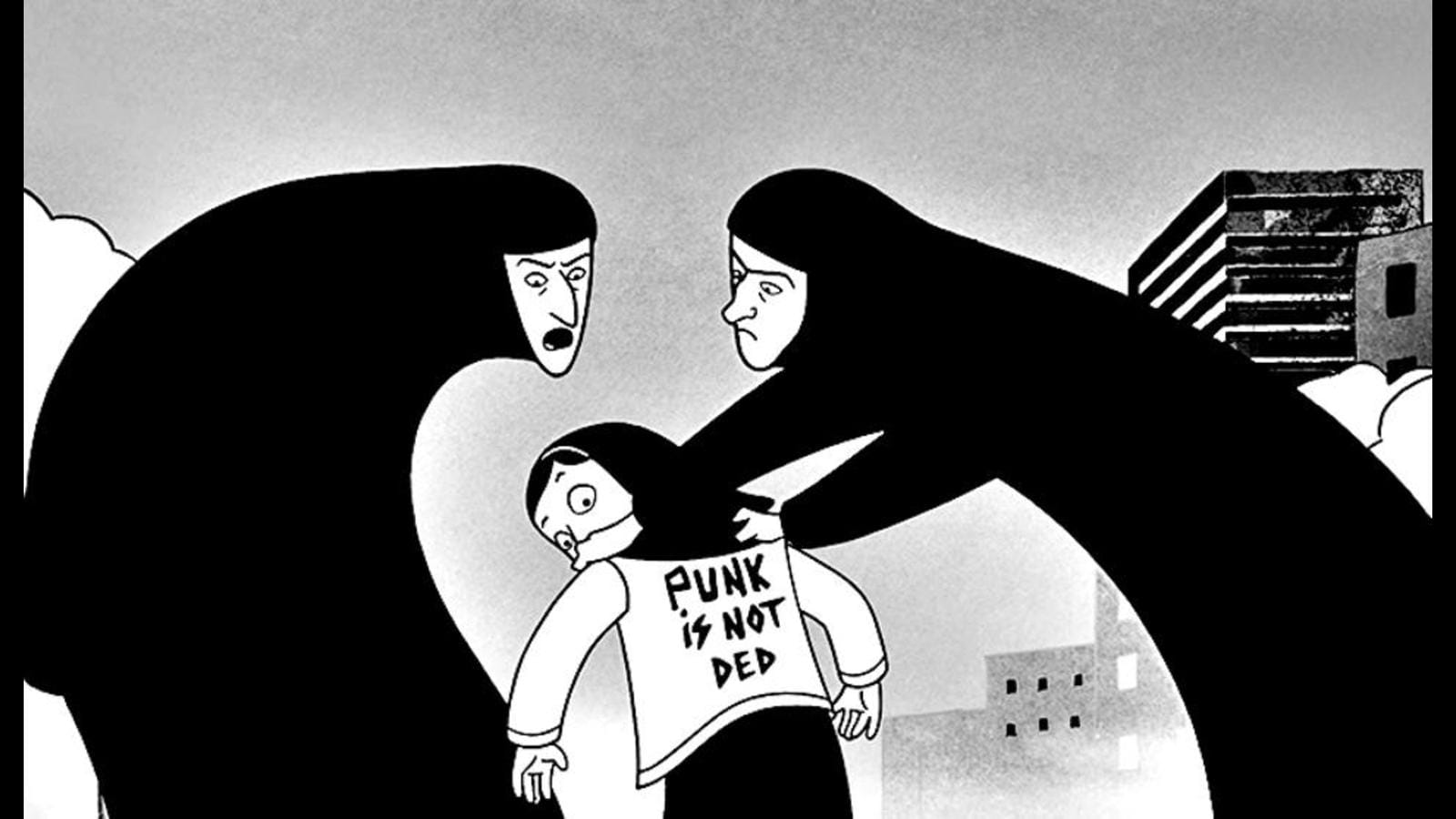
Persepolis in Hindi: The graphic novel about Iran has new lessons for India
Hindustan TimesDiscover Related
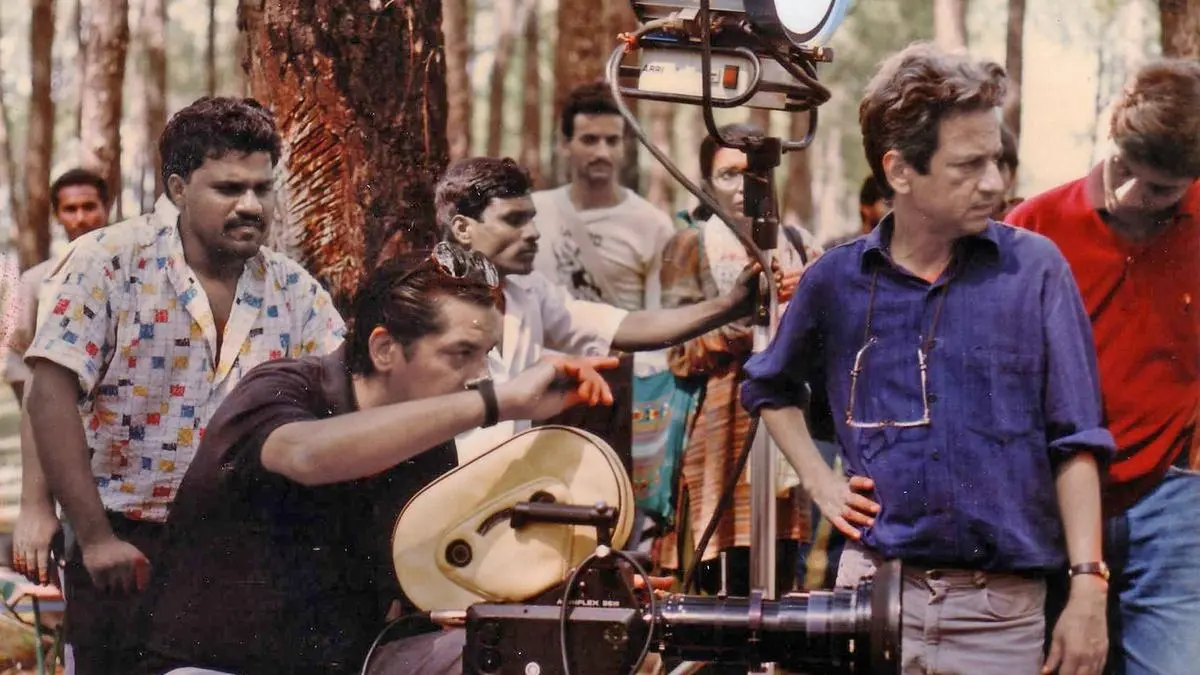
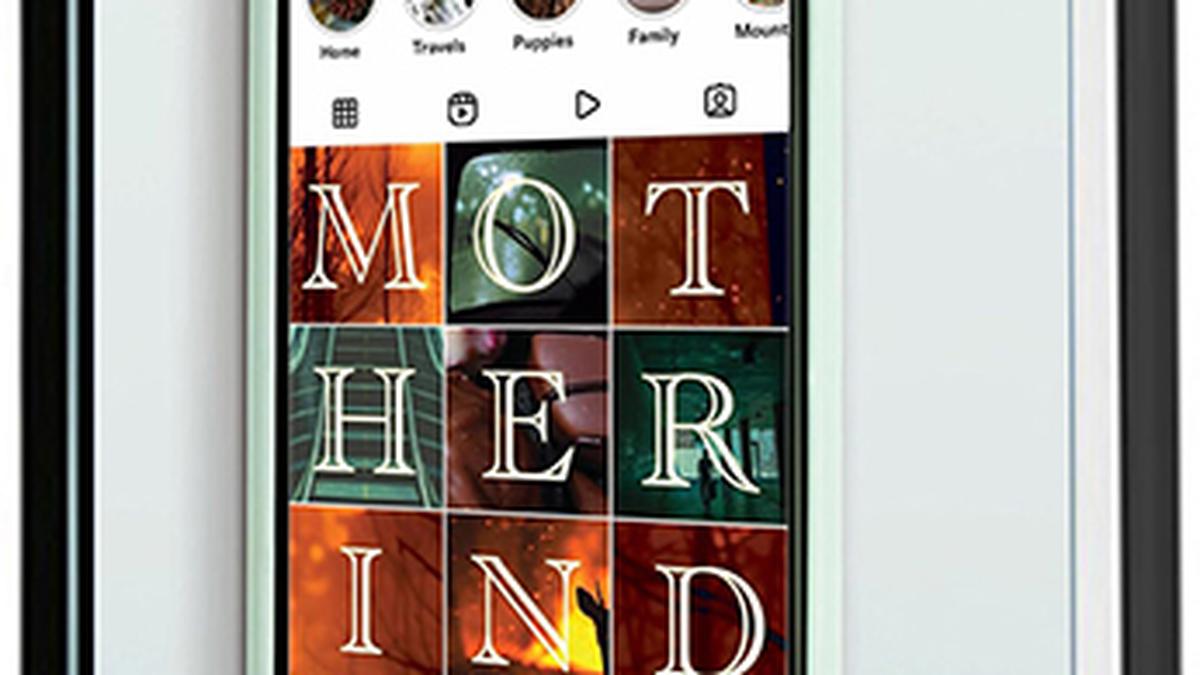
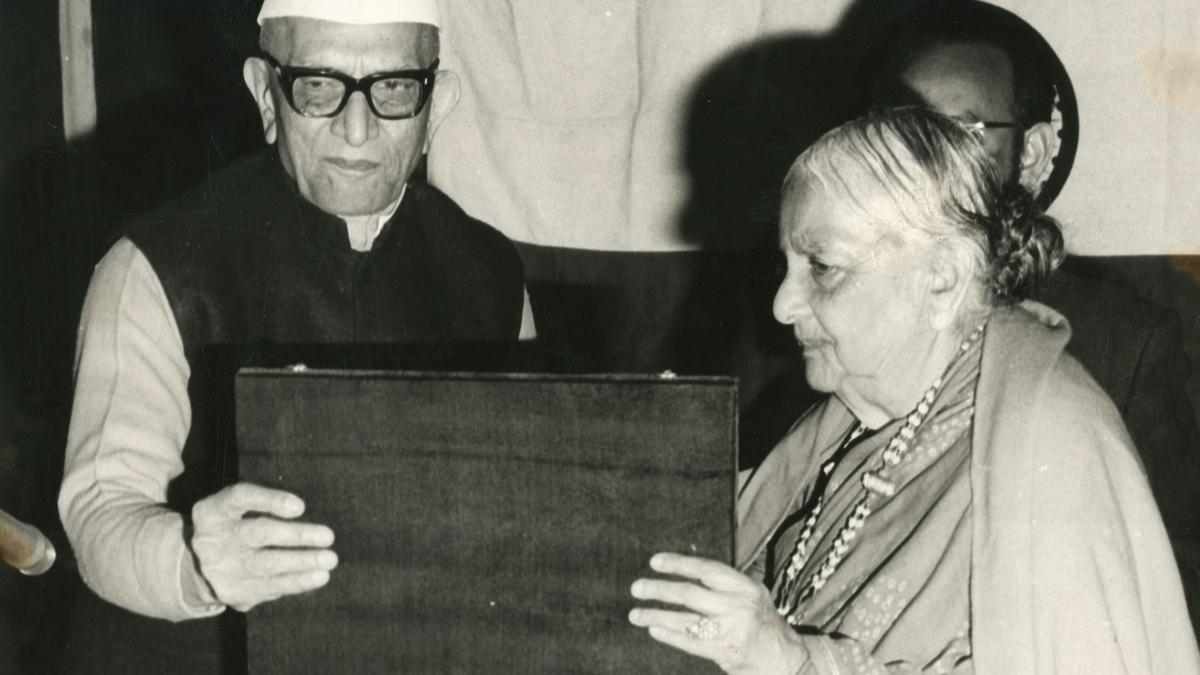

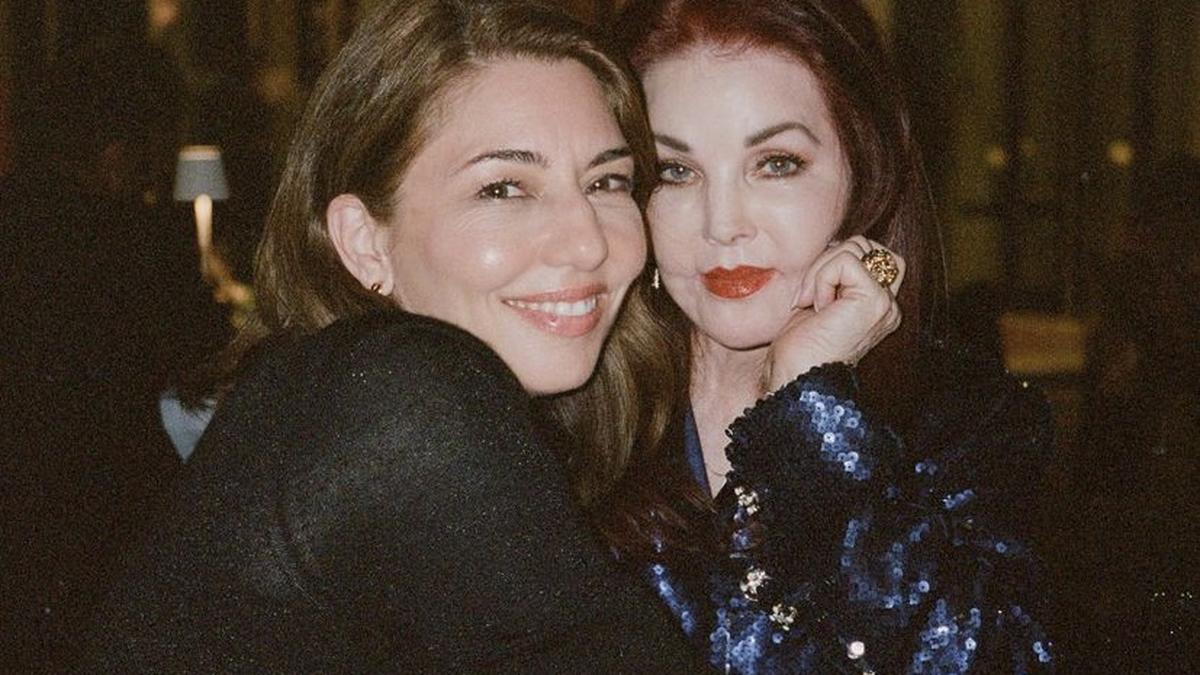

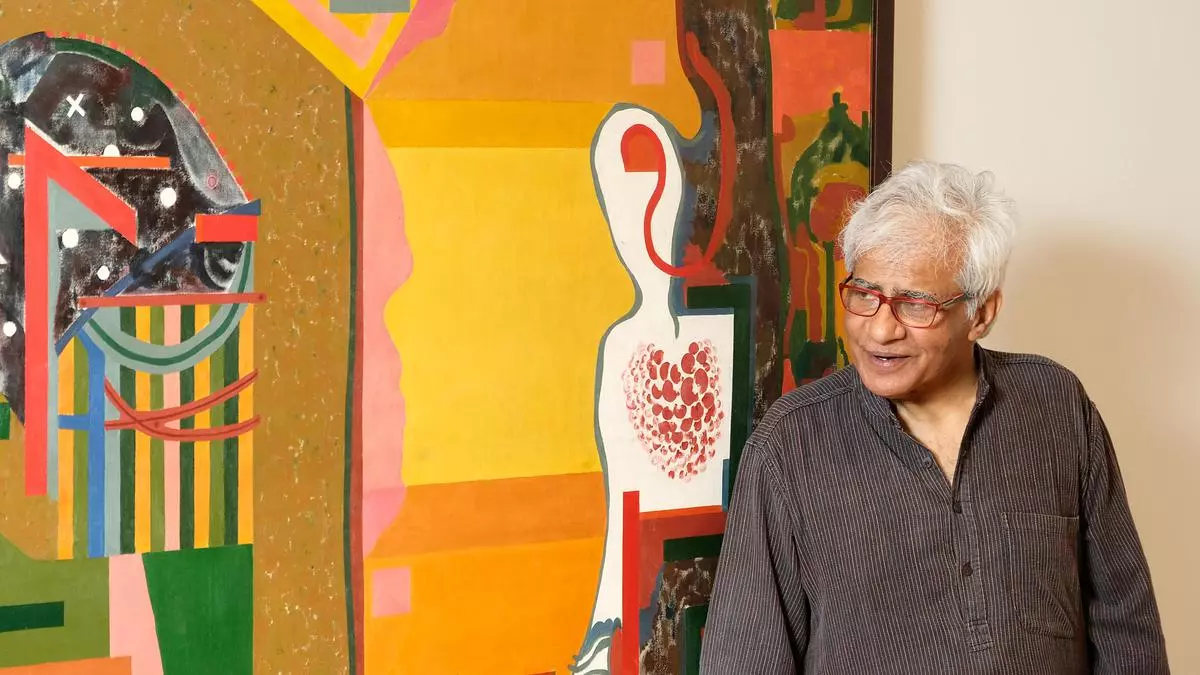



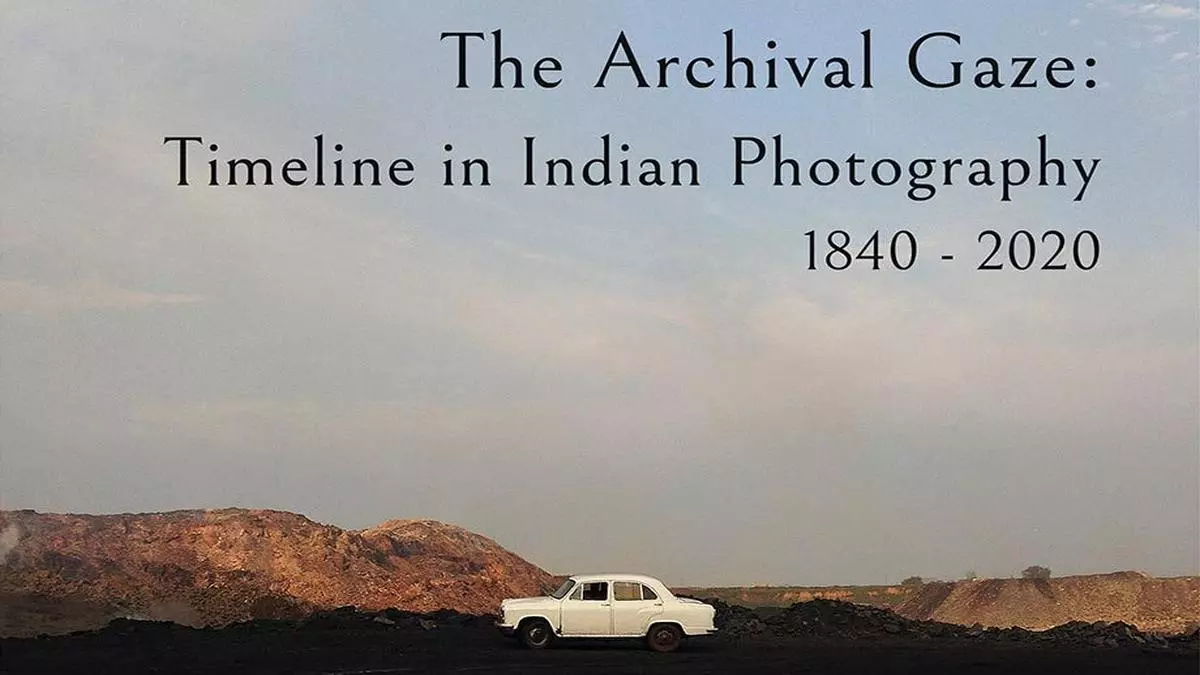
)

)
)
)
_1623931539246_1623931559320.jpg)
)
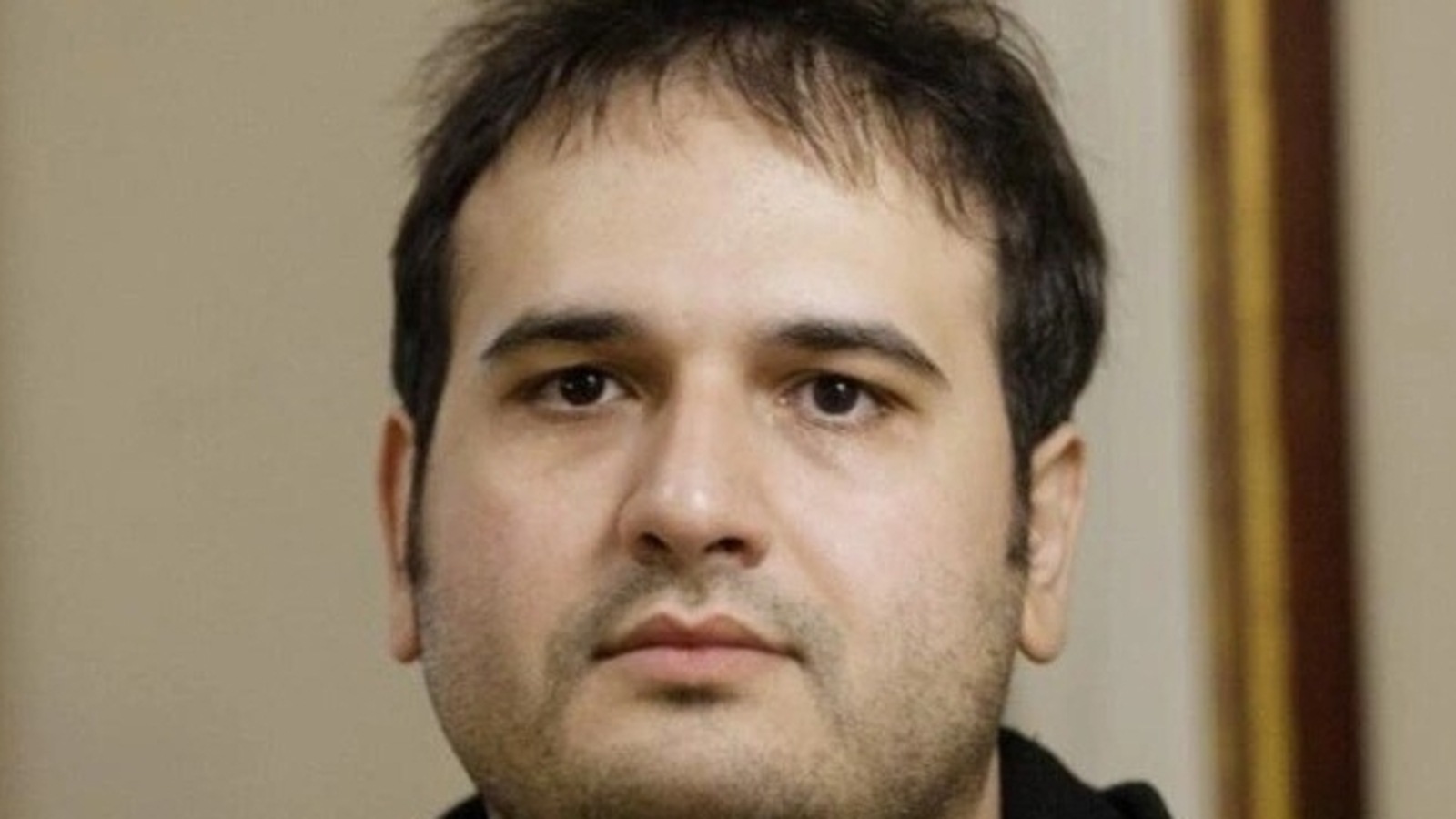
)